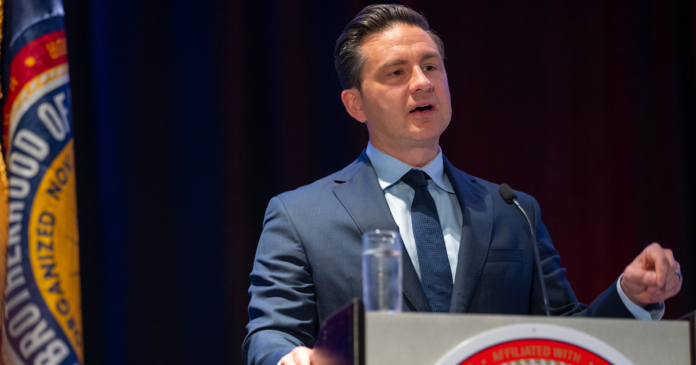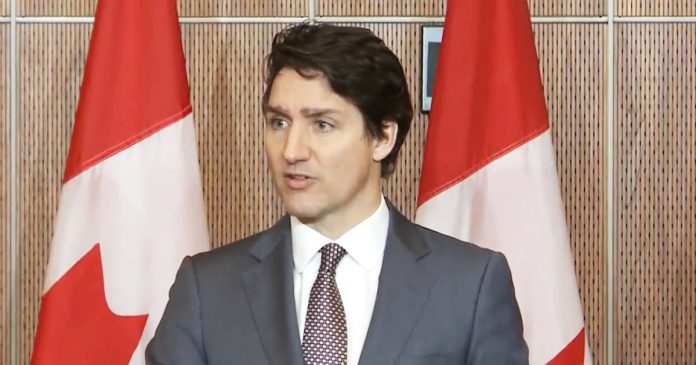A perfect example of how Canada is broken has been playing out in my own backyard.
I’m referring to the construction of the $12-billion Eglinton-Crosstown LRT, now more than $500-million over budget and three years behind.
The 19-km line, which has been under construction for 12 years, has been mired in lawsuits by the consortium Crosslinx Transit Solutions, quality control issues, incompetence, and most especially a complete and utter lack of oversight and accountability by the Ontario agency responsible for the build, Metrolinx.
I know, having watched the demise of businesses along Toronto’s Eglinton corridor, impacted by the mess and noise of construction, lane and sidewalk closures and a cavalier bunch of often dope-smoking trades given no imperative by Metrolinx, Crosslinx or most especially the Ontario government to complete the build in a timely manner.
It seems we’ve entered a new era of negligence and unscrupulous behaviour bordering on corruption in Canada with no responsibility or accountability for such major construction projects and their impact on the neighbourhoods around them and on the taxpaying public.
Metrolinx’s mishandling of this project is proof positive of that.
Last week, the bloated agency’s CEO Phil Verster – who made $850,000 last year – gave an update that revealed only an arrogant executive who knows he has nothing to fear from his provincial taskmasters.
Indeed that was reinforced a few days later when Premier Doug Ford renewed his exorbitant contract for three years. There was no indication of what he’ll be making now over and above his already obscene nearly $900K salary.
It’s called failing upwards and is rampant in our society now.
Calling the project “complex,” he said new problems are being found weekly during the testing and commissioning stage.
Until that is confirmed as complete, the project will not be ready to carry passengers “safely and reliably,” his presentation says.
A big issue is/was the existing Yonge-Eglinton station which needed significant repairs.
Sources say among those issues was a water table found while digging below the original station.
That corner is still an unmitigated construction disaster. (In fact I no longer remember how it looked during the pre-construction days.)
When queried about whether the 25-stop LRT will open in 2024, he refused to provide a target opening date, telling those asking, “Give us some space.”
Some space?
We should give a free pass to an executive whose salary jumped from $506,280 in 2018 to $856K? A 69% increase – all under Ford’s watch.
Meanwhile glassed-in new stations along the line sit pristine and well-landscaped with fencing surrounding them – a true testament to this incompetence.
It’s not just the negligence of Metrolinx/Crosslinx, the serious lack of oversight by the Ford government and the odious lack of concern by politicians at all levels. for those impacted by this boondoggle.
Residents and businesses in the vicinity of the build have simply accepted this mess without complaint. Have we become so apathetic in this country that we have grown to expect these screw-ups?
There’s a reason governments in Ontario and across the country think they can make deadlines and budgets on large construction projects a moving target.
True, this project commenced under Kathleen Wynne’s government and some responsibility must rest with the Liberals for setting the wheels in motion.
But Ford has been in power for five years and has had plenty of time to put the project back on track.
Giving Verster a renewed contract and Metrolinx the responsibility to build the 15.6-km $10.9-million Ontario Line through downtown Toronto seems counterintuitive to me.
That new build has already made a gridlocked mess of the downtown core.
It reeks of incompetence, mismanagement and possible corruption.
Based on my own experience and birds-eye view of the fiasco on Eglinton, I suspect Verster and Metrolinx will make many, many promises and not keep any of it on track.
Let’s not forget that he can’t even say when the Eglinton-Crosstown will open for business.



























